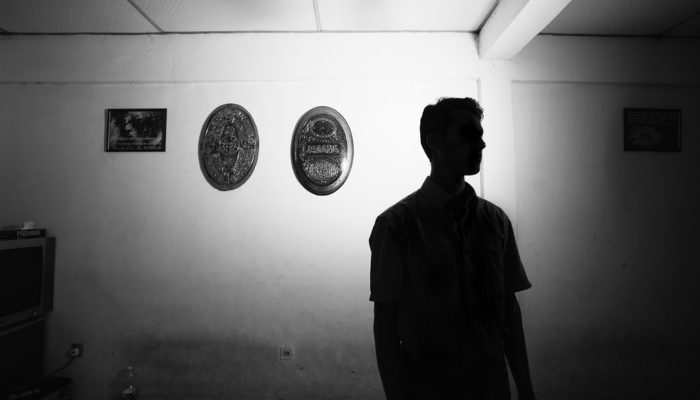Not just employment: It’s time for refugees in Malaysia to own bank accounts too
At the time of writing, it is less than a week until Malaysia decides if refugees will be granted the right to work in the country.
Should Malaysia finally agree to allow them to work here legally, the government also needs to ensure that refugees have access to other rights, services, and benefits that are accorded to other migrant workers. One of the most important rights related to employment for refugees is having access to banking services. Currently, they do not have such rights since Malaysia considers refugees to be “illegal immigrants” under its law. Their illegal status arises as Malaysia is not a signatory of the 1951 United Nations Convention Relating to the Status of Refugees, nor does it have any provision in its immigration law that recognises refugees. In other words, the term “refugee” is not mentioned in Malaysia’s Immigration Act [pdf], hence rendering them “absent” from the sphere of Malaysian immigration law. As such, since refugees here do not hold a valid visa or permit required by law in Malaysia, they are categorized as illegal immigrants. Even holding a refugee card issued by the United Nations High Commissioner for Refugees (UNHCR), they can still be deported by the Malaysian government.
It would be naive to assume that a refugee that could work here legally would automatically be granted rights enjoyed by other (foreign) employees. Of course, with regards to employment, access to banking services is important particularly in order for working refugees to receive their salaries. It is very unlikely that their prospective employers would pay their wages with cold hard cash, even if their salaries are lower than average since, realistically speaking, refugees don’t really have many choices but to turn to low-paying jobs.
Hence it is obvious that access to legal employment would come together with access to basic banking services, right? Not necessarily.
There are a few reasons for this scepticism. Firstly, any mention of granting refugees access to banking services is missing from current discussions on refugee employment. Secondly, such an important oversight has happened before in other countries, even in countries that have ratified the 1951 Refugee Convention. For example, Ecuador is a party to the Convention, but it was only from 2014 that Banco de Pichincha, one of Ecuador’s largest banks, allowed refugees to have access to its banking services despite the constitution allowing them to work there since 2008. Germany, one of the main destination countries for refugees, only began to allow refugees to open basic bank accounts in June 2016, at the height of the refugee crisis in Europe.
As such, it is imperative that the Malaysian government includes serious, explicit, and conscious discussions about basic banking services for refugees as part of the wider discussions and decisions being made about refugee employment. Granting access to banking services should accompany any decision to grant employment rights to refugees.
In this regard, Malaysia could follow the example from India, which is also not a party of the Refugee Convention. However, unlike Malaysia, India has a more positive attitude towards refugees. They grant their refugees access to banking services as long as they have a government-issued long-term visa (which is not very difficult to obtain) and proof of residence such as an electricity bill and permanent address. India requires its refugees to have long-term visas before they can open a bank account. This is almost parallel with Malaysia’s expressed intention to verify the status of refugees on its own at the federal level, rather than solely through the UNHCR.
However, allowing refugees to open a bank account is not enough. The Malaysian government also needs to ensure that the banking services that are provided to refugees are adequate and decent and can be accessed with dignity.
First of all, banks in Malaysia need to be made aware that refugees here can indeed open a bank account and have access to their services. If Malaysia thinks its banks are hesitant to do this for refugees, then it should consider providing some incentives to a few selected banks so they could roll out a specialised service or programme for refugees.
In turn, such programmes should take the limitations faced by refugees into account. One important matter that banks need to take note of is that refugees should only be required to present their UNHCR card, other forms of government verified refugee identification (if Malaysia will indeed handle its own refugee verification) and, perhaps, the refugees’ permanent addresses (many refugees in Malaysia live in low-cost flat houses). They should not request passports (as not all refugees might have them) or statements of reference from the refugees’ employers since they most often work on a contract basis doing menial work or at small-sized independent enterprises that usually don’t issue such documents. In other words, banks should not ask for the usual documents that are required from other foreign applicants that want to open an account here. Refugees should also be allowed to open a bank account with only a small deposit and be released from the requirement to have a minimum balance in their accounts.
Having rights to employment won’t be complete if refugees do not have rights to banking services. Malaysia might be slow in granting these necessary rights to refugees, but it is never too late to do so and there are successful examples from other countries. All Malaysia really needs is a strong political will to grant these refugees their long-overdue rights.
